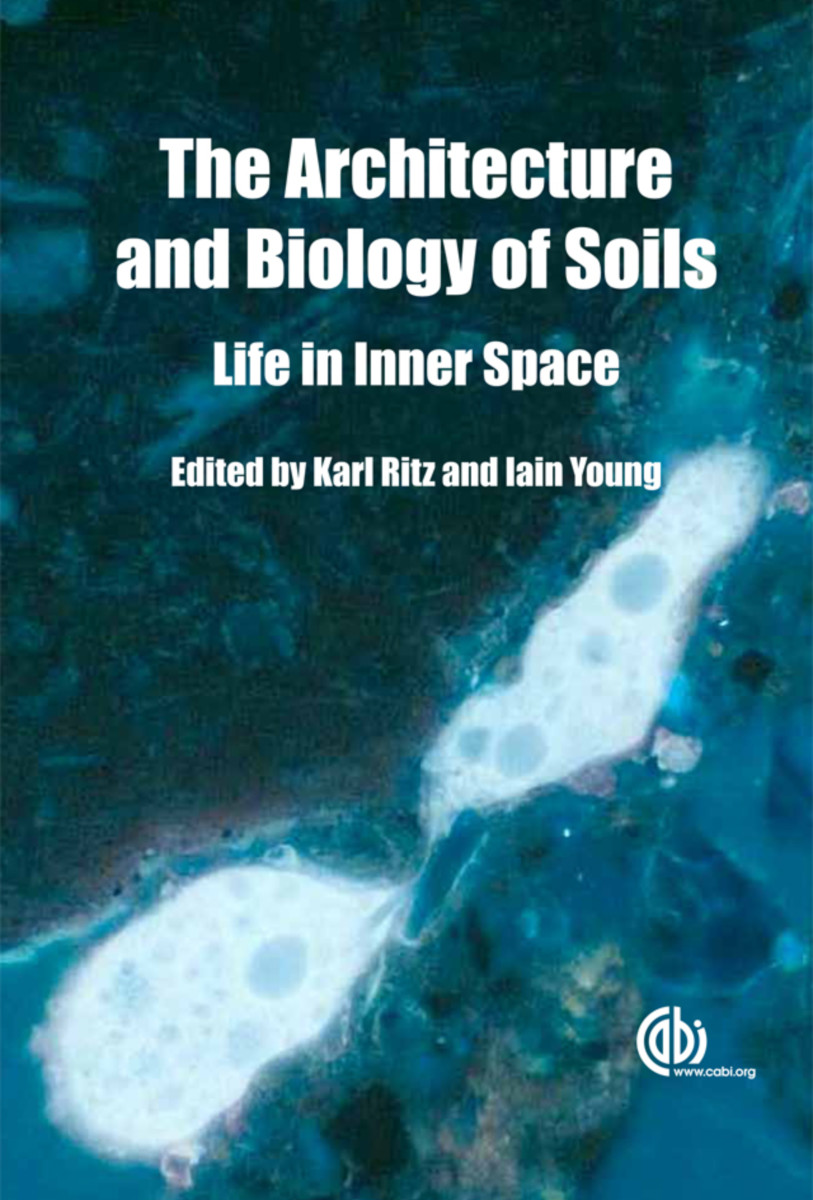The Architecture and Biology of Soils
Life in Inner Space
- Publisher
CABI - Published
16th November 2011 - ISBN 9781845935320
- Language English
- Pages 256 pp.
- Size 6.25" x 9.25"
- Images 81 illus
Soil is a fundamental and critical, yet often overlooked, component of terrestrial ecosystems. It is an extremely complex environment, supporting levels of diversity far greater than any ecosystem above ground. Bringing together existing knowledge in the areas of soil biology and physics, this book explores the key characteristics of soil spatial architecture, including how it develops and the consequences this has for life underground. The effects of soil's physical and biological components on their interactions and functions are used to demonstrate their roles in ecosystem dynamics.
1. Views of the underworld: In situ visualisation of soil biota
2. Modelling soil structure and soil processes
3. Microbial regulation of soil structural dynamics
4. Animals underground: the zoological generation of soil structure
5. Biotic regulation: plants
6. Biota-mineral interactions
7. How do the microhabitats framed by soil structure impact soil bacteria and the processes that they regulate?
8. Fungal growth in soils
9. Sensory ecology in soil
10. Managing the interactions between soil biota and their physical habitat in agroecosystems
11. Contaminated soils and bioremediation: creation and maintenance of inner space
12. Biological interactions within soil profiles engineered for sport and amenity use
Karl Ritz
Karl Ritz is at Cranfield University, UK.
Iain Young
Iain Young is at the School of Environmental and Rural Science, University of New England, Australia.


